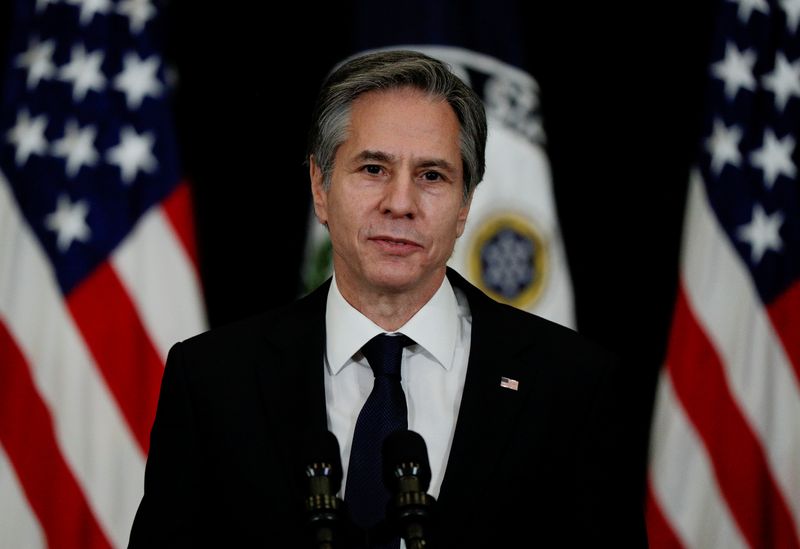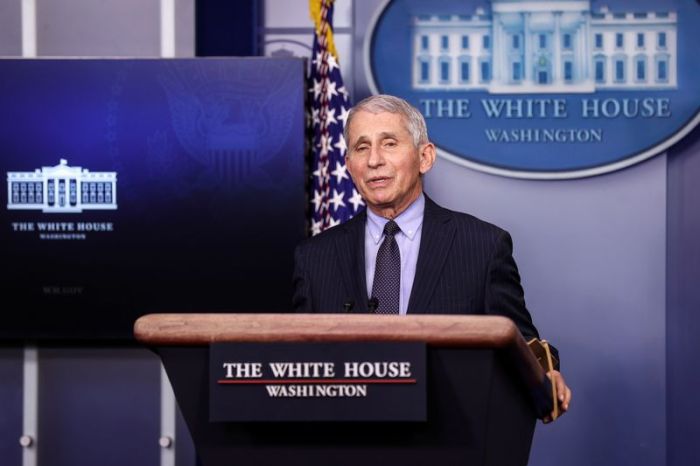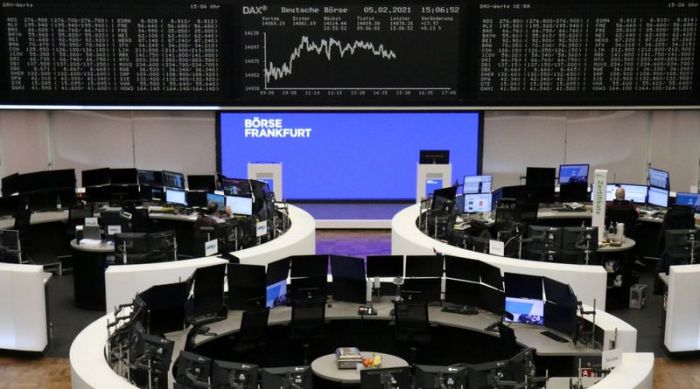WASHINGTON (Reuters) – U.S. Secretary of State Antony Blinken on Monday stopped short of endorsing the Trump administration’s recognition of the occupied Golan Heights as part of Israel, instead noting that the territory was important for Israel’s security.
Former President Donald Trump officially granted U.S. recognition of the Golan as Israeli territory in 2019 – a dramatic shift from decades of U.S. policy. Israel captured the Golan from Syria in the 1967 Middle East war and annexed it in 1981 in a move that is not recognized internationally.
“As a practical matter, the control of the Golan in that situation I think remains of real importance to Israel’s security,” Blinken told CNN. “Legal questions are something else and over time if the situation were to change in Syria, that’s something we look at, but we are nowhere near that.”
He added that Syrian President Bashar al-Assad’s government as well as the presence of militia groups backed by Iran pose a ‘significant security threat’ to Israel.
Biden’s advisers had said previously that he would not withdraw U.S. recognition of Israeli sovereignty over the Golan.
Blinken also reiterated the Biden administration’s commitment to keep the U.S. embassy in Jerusalem, after the Trump administration recognized the city as the capital of Israel, reversing previous U.S. policy.
Trump was broadly in lockstep on Middle East policy with his closest ally in the region, Israeli Prime Minister Benjamin Netanyahu.
Biden and his team have said they will restore ties with the Palestinians that were cut by Trump, resume aid and reject unilateral actions, such as construction of Israeli settlements on occupied territory.
Biden’s failure to speak with Netanyahu so far among his calls with foreign leaders has raised eyebrows in Israel and among Middle East experts. Obama and Trump both spoke to him within days of taking office.
When asked why Biden has not spoken with Netanyahu, Blinken said: “I’m sure that they’ll have occasion to speak in the near future.”
(Reporting by Humeyra Pamuk and Simon Lewis; Additional reporting by Matt Spetalnick; Editing by Sonya Hepinstall)
























